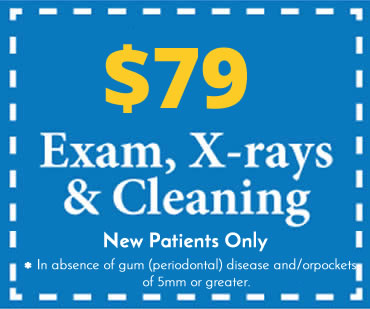As we age, our teeth and gums change. Proper care of your teeth as well as eating a good diet can keep your smile beautiful and strong. Certain vitamins and minerals also help promote optimal oral health.
As we age, our teeth and gums change. Proper care of your teeth as well as eating a good diet can keep your smile beautiful and strong. Certain vitamins and minerals also help promote optimal oral health.
Vitamin A
Besides aiding with vision, Vitamin A also helps with the development of healthy teeth and gums. As well, Vitamin A contains beta-carotene, which has antioxidant properties. These antioxidants assist in getting rid of free radicals, chemicals that speed up decay in the body.
Vitamin C
Also called ascorbic acid, Vitamin C assists with the absorption of iron, maintains healthy connective tissues, and promotes strong teeth and gum tissue. Because Vitamin C is water-soluble, it is washed out of the body once it has what it needs, people should take in Vitamin C every day.
Vitamin D
Created after exposure to sunlight, Vitamin D encourages calcium absorption as well as helping keep the right levels of calcium and phosphorous in the blood stream. Children need to get enough Vitamin D so that they will develop healthy teeth and bones, so it is often added to milk.
Calcium
No matter your age, every person needs to take in enough calcium because this mineral is crucial in the development and maintenance of teeth and bones. In fact, your jaw bone forms the foundation that houses your teeth.
Getting What You Need
Eating a balanced diet will ensure that your body has the vitamins and minerals needed to keep your smile vibrant for a lifetime. Dairy products like yogurt and cheese as well as vegetables such as broccoli and peas are high in calcium. Have lots of egg yolks, fatty fish, and fortified dairy products when you need Vitamin D. Citrus fruits, melons, berries, and tomatoes offer plenty of Vitamin C, and you can find Vitamin A in dark green or yellow fruits and vegetables, eggs, or low-fat dairy products.



